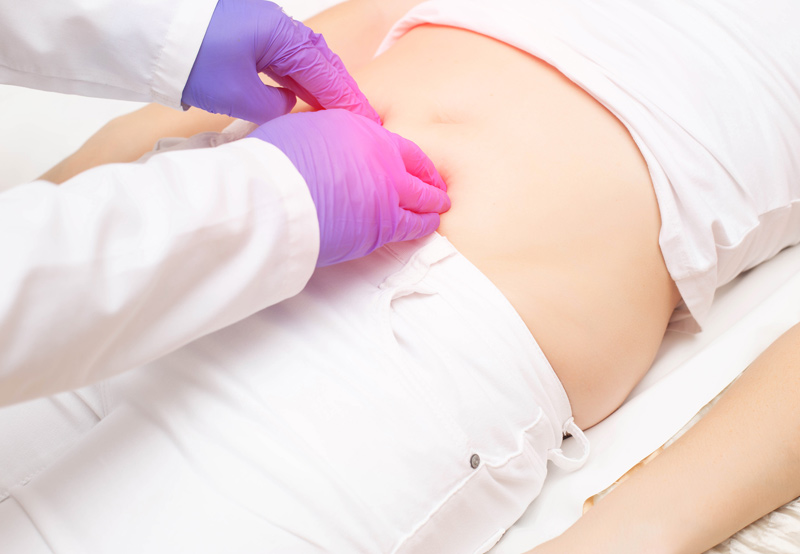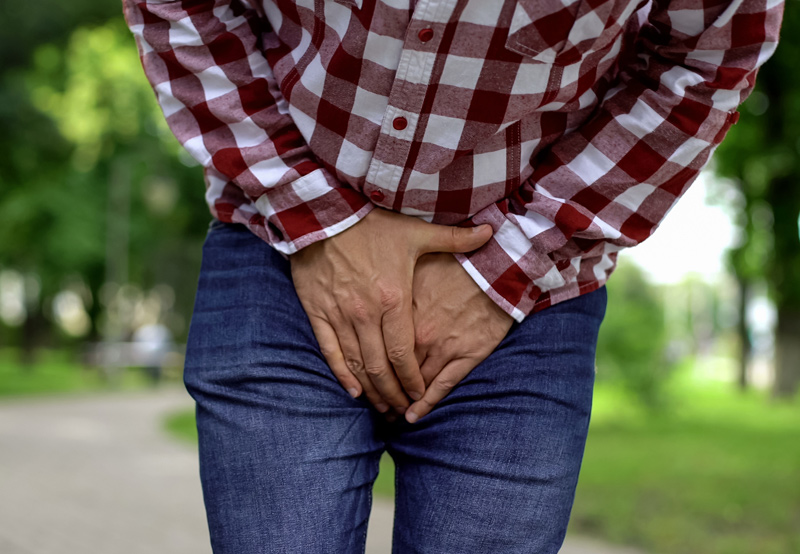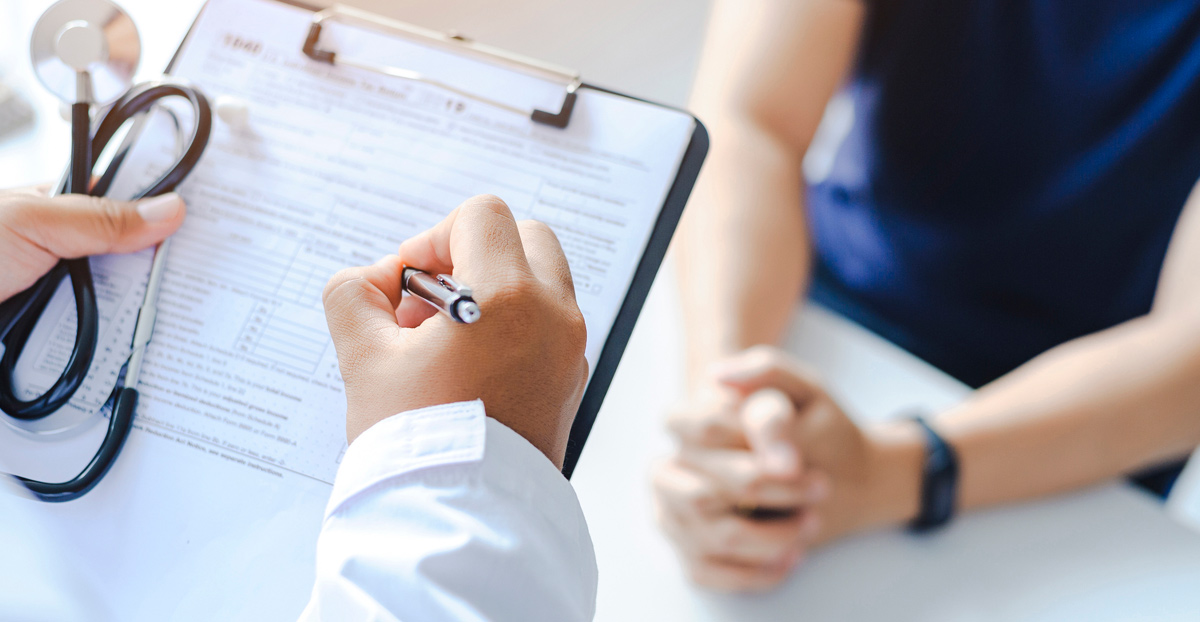

Interstitial cystitis (IC) is a chronic bladder health condition accompanied by a feeling of pain and pressure in the bladder area, lower urinary tract symptoms, and infection.
Symptoms of Interstitial Cystitis
Symptoms for the condition will vary, but may include:
- Pain with pressure
- Bladder pain that worsens as the bladder fills
- Pain in the urethra, lower back, lower abdomen, or pelvic or perineal area
- Pain in the vulva or vagina, in women
- Pan in the scrotum, testicle, or penis, in men
- Intermittent or persistent pain
- Frequent urination (more than seven times per day, and more than once during the night)
- Urgent need to urinate, even after voiding
- Symptoms that worsen after consuming certain foods or drinks
- Symptoms that worsen under stress
- Sexual problems, such as pain during sex, painful orgasm, or pain the next day

Who is at Risk of IC?
Interstitial cystitis is two to three times more common in women than in men.
Men diagnosed with prostatitis or similar conditions may actually have interstitial cystitis. Though there is no evidence to show that stress causes IC, symptoms do worsen under physical or mental stress.
A family history of IC may increase the risk of developing the condition. An injury to the bladder may increase the likelihood of an infection, leading to interstitial cystitis.
The Effects of IC
Patients with interstitial cystitis may experience difficulties in their social life, work environment, exercise, and sleep. Symptoms of IC may make it difficult to get through the day, negatively impacting relationships with a significant other and family. In addition, patients may struggle to get enough sleep, leaving them tired and unhappy during the day.
Causes of Interstitial Cystitis
The causes of interstitial cystitis are unknown, but the following theories may be accurate:
- Defective bladder tissue that allows irritating substances in the urine to penetrate the bladder
- A mast cell that releases histamine and other chemicals
- A chemical in the urine that damages the bladder
- Malfunctioning nerves responsible for carrying bladder sensations, triggering pain during normal activities, such as bladder filling
- Immune system attack against the bladder
Diagnosing IC
During a doctor’s appointment, the physician will ask questions about:
- How long the patient has had symptoms
- The impact of symptoms on daily life
- Past medical conditions
- Current medical conditions
- Over-the-counter and prescription drug use
- Diet, including how much and what kinds of liquids the patient consumers during the day
Women experiencing symptoms of IC may have a physical exam of their abdomen, pelvic organs, and rectum. Men will have their abdomen, prostate, and rectum examined. The physician may also do a neurological exam to rule out other causes.
The patient will also undergo baseline pain and voiding tests. The baseline pain evaluation will help the physician find the pain location, intensity, and characteristics, as well as identify factors that improve or worsen discomfort. The physician will also ask the patient how often they urinate.
Depending on the results of the exams, patients may be treated with lifestyle changes, pelvic physical therapy, prescription drugs, neuromodulation therapy, cyclosporine, and surgery.
